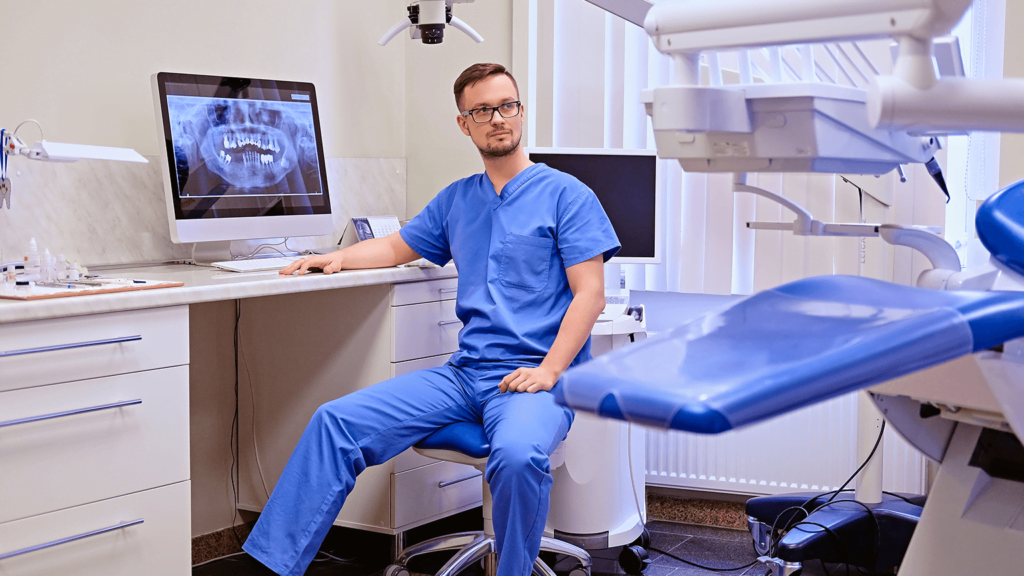What is Oral Hygiene and Why is It Important?
The primary role and responsibilities of a professional dental hygienist are to help you prevent tooth decay, periodontal disease, and oral diseases. Dental hygiene professionals provide preventive services by “deep cleaning” your teeth and providing recommendations on how to keep them in great shape.
This post will talk about how dental hygienists in Airdrie work with different patients, how they respond to those at risk of developing chronic or acute diseases, and what they provide in terms of information to prevent those conditions. We will also discuss some important criteria for success as well as what you can expect if you want to prove yourself as a dental hygienist.
What are the Signs of Poor Oral Hygiene?
Poor oral hygiene is commonly called periodontal disease. It is one of the most common chronic diseases in the United States (CDC, 2006). The most significant risk factors for developing poor oral hygiene are poor dietary habits and poor socioeconomic status, which have been well-established in previous studies.
Poor oral hygiene affects an individual’s overall health as it can contribute to heart disease and cancer, diabetes mellitus, and other systemic diseases that lead to premature mortality (CDC, 2001).
How do Dental Hygienists Prevent Oral Diseases?
There are three major ways that dental hygienists in Airdrie can protect an individual from suffering from the oral disease: through proper education and training, appropriate patient guidance and management, and the regular provision of preventive services (CDC, 2001).
What is a Dental Hygienist?
Professional Dental Hygiene is the totality of activities carried out by a dental professional to provide oral health care to individuals who have suffered from or are at risk of suffering from periodontal disease. Dental hygiene professionals promote oral health by working to prevent periodontal diseases through patient guidance, office visits, or prophylaxis provided at home.
Dental hygienists are involved in educating patients on how to care for their teeth and gums. They also work with patients that require professional treatment for oral diseases. Dental hygienists also work with medical teams to optimize services. Dental hygienists are licensed professionals who undergo a specified course of study to perform dental hygiene procedures.
What Does a Dental Hygienist Do?
Dental hygienists work in dental offices and other related facilities. They assess and treat patients who come for evaluation and treatment. Dental hygienists provide oral health care to patients whose teeth, gums, or both are unhealthy or infected. Their primary responsibility is caring for the mouth, teeth, and gums of their patients by providing professional dental cleaning services and carrying out preventive therapies. A dental hygienist works under the direct supervision of a licensed dentist.
The Key Responsibilities of a Dental Hygienist
1. Dental and Health History – A dental hygienist will review the patient’s medical history, as well as any previous treatments, are given to the patient. A complete medical history is essential for the hygienist to provide an individualized oral health care plan.
2. Assessment and Prevention – Dental hygienists assess their patients’ teeth for signs of decay, such as surface stains, and cavities along with areas vulnerable to decay. Dental hygienists also teach proper oral hygiene practices to patients so they can maintain good oral health and prevent tooth decay or periodontal disease.
3. Dental Cleanings – A dental hygienist will place a cloth in the patient’s mouth and then use a soft brush to clean the teeth. Using the proper tools, they assist the patient in safely removing plaque and tartar buildup from their teeth. Along with flossing, they teach patients how to properly brush their teeth. In some cases, a hygienist may also give rinses or treatments if required by the patient’s condition.
4. Dental X-rays – Dental hygienists use dental X-ray technology to detect and diagnose tooth decay, periodontal disease, injuries, and other oral conditions. They may also use a fluoroscope to take digital pictures of the teeth that are later sent electronically to the dentist or hygienist’s office.
5. Oral Hygiene Advice – Dental hygienists work with patients they assess as being at risk of developing periodontal diseases through patient guidance, office visits, and prophylaxis provided at home.
Dentist vs. Dental Hygienist: What’s the Difference?
6. Helping Patients Improve and Maintain Good Dental Health – Dental hygienists help patients learn to brush, floss, and use other oral hygiene tools. They also show patients how to choose the right home care products and maintain their dental health on an ongoing basis.
7. Guidance for Proper Nutrition – Dental hygienists educate patients about proper nutrition and eating habits to improve oral health. Hygienists teach patients how to eat properly or manage their nutritional needs.
According to the American Dental Association, “a dentist is a physician of dental surgery that performs diagnostic, therapeutic and restorative procedures on teeth.”
A dental hygienist, on the other hand, is a professional who performs various tasks within a dental office. Specifically, they primarily provide dental care and oral hygiene to patients.
Schedule Your Appointment Today with Airdrie Springs Dental for Oral Hygiene in Airdrie, Alberta
Is it time for your next dental cleaning? Contact Airdrie Springs Dental today or book your appointment online with our dental hygiene Airdrie, Alberta. We offer same-day appointments if you need Emergency Dental services in Airdrie, Alberta.
About Our Dentist
Dr. Hubert Ng, D.M.D, has been part of Airdrie Springs Dental since 2007. He completed his undergraduate studies at the University of Calgary with honours in Biological Sciences and Commerce. He has completed comprehensive training in orthodontics and Invisalign, oral sedation, and sleep apnea medicine. Dr. Ng believes in educating his patients and keeping them involved with their care every step of the way. He finds it extra rewarding when patients reach their goal of comfort and confidence in their smile and oral health.


